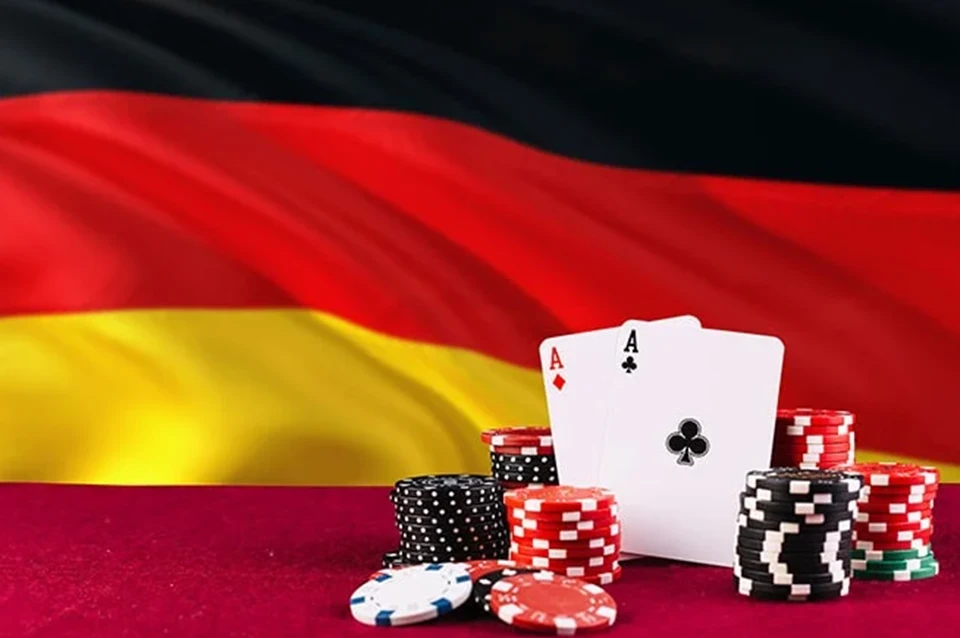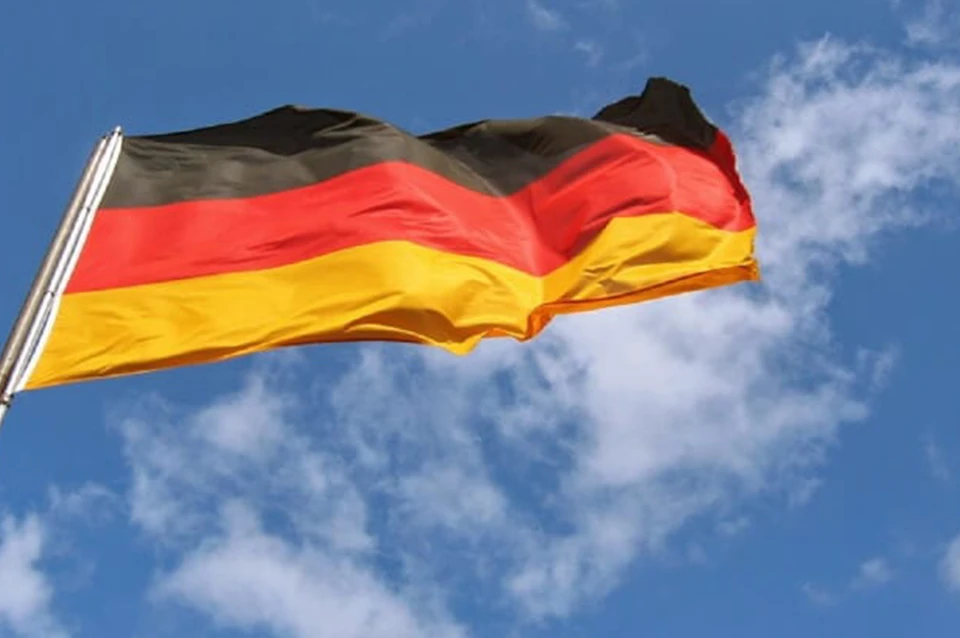 A recent study conducted by Prof. Dr. Gunther Schnabl, Head of the Institute for Economic Policy at the University of Leipzig, disclosed some disturbing trends in the German remote gambling industry. It provides an exhaustive insight into the complex market dynamics and the current state of its illegal segment. According to the findings of “State Treaty on Gambling Misses Targets”, nearly 50% of online gambling in the country occurs via unlicensed operators.
A recent study conducted by Prof. Dr. Gunther Schnabl, Head of the Institute for Economic Policy at the University of Leipzig, disclosed some disturbing trends in the German remote gambling industry. It provides an exhaustive insight into the complex market dynamics and the current state of its illegal segment. According to the findings of “State Treaty on Gambling Misses Targets”, nearly 50% of online gambling in the country occurs via unlicensed operators.
As of March 2023, the channelization rate, or the portion of German players who use legal operators stood at 50.7%, whereas 28.9% opted for unlicensed EU providers, and 19.9% engaged with unlicensed offshore providers. An analysis of an observation period from January 2019 to March 2023 suggested that the percentage of visits to licensed providers dropped from 70% to 50%.
This trend can be primarily attributed to a copious amount of black-market providers whose platforms can be accessed with no restrictions, are supported in German, and accept German documents upon account registration. Additionally, the lack of constraints on their advertisements seems to popularize them even more.
Simultaneously, legitimate iGaming providers are subjected to limitations placing them in an unfavorable position. Tough constraints on legal gambling companies such as lower betting limits and less attractive bonus offers make them unappealing to German players in comparison to the illegal competition. As a result, millions of tax revenue are being lost annually, and German players lack vital consumer protections by engaging with illegitimate providers.
DOCV and DSWV Call for Immediate Action
 The analysis of the German online gambling market, “State Treaty on Gambling Misses Targets”, was commissioned by the German Online Casino Association e.V. (DOCV) and the German Sports Betting Association (DSWV). Both organizations are dedicated to persistent, data-driven research of the unlicensed market, aimed at securing a safer and more attractive legal gambling environment. However, the journey toward this goal will be fraught with challenges.
The analysis of the German online gambling market, “State Treaty on Gambling Misses Targets”, was commissioned by the German Online Casino Association e.V. (DOCV) and the German Sports Betting Association (DSWV). Both organizations are dedicated to persistent, data-driven research of the unlicensed market, aimed at securing a safer and more attractive legal gambling environment. However, the journey toward this goal will be fraught with challenges.
As there is ample room for improvement in the domain of the legal German gambling market, the DOCV and the DSWV call for immediate action to be taken in order to improve the situation and increase the channelization rate. Most importantly, the measures involve an acceleration of the licensing procedures of the German gambling regulator, Gemeinsamen Glücksspielbehörde der Länder (GGL).
Imposing an advertising ban on the marketing and advertising campaigns of illegal gambling operators is yet another important step to reaching the objective. Simultaneously, the advertising opportunities for legitimate gambling companies and their effective regulation need to be maintained.
Some of the other suggested measures concern enhancing the cooperation between industry participants, the gambling authority, and political entities. Last but not least, the associations call for amendments to the taxation of online gambling, as well as a review of the provisions of the Interstate Gambling Treaty.